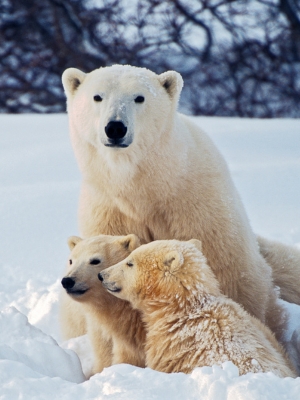Nigerian authorities recently seized 36 illegally held African grey parrots from traffickers. The enforcement operation was carried out by the Nigeria Customs Service Western Marine Command during a maritime patrol. Their investigations revealed that the birds were en route to Ghana.
African grey parrots are listed on Appendix I of CITES, which means that all commercial trade is banned. However, grey parrots are in very high demand as pets in the U.S., Europe, and China. As a result, illegal trafficking of African grey parrots is an enormous threat to the survival of the species.
Illegal Trade Is Decimating Grey Parrot Populations
African grey parrot populations are declining in the majority of range states, including Burundi, Cameroon, Ghana, Guinea, Guinea-Bissau, Kenya, Liberia, Nigeria, Rwanda, São Tomé and Príncipe, Sierra Leone, Togo, Uganda, and parts of Congo and the Democratic Republic of the Congo. In some locations, population declines are truly catastrophic, such as in Ghana, where the population is estimated to have declined by up to 99%.
The vast majority of grey parrots sold as pets are taken from the wild, often using brutal and destructive methods, including the use of glue on perching sites, so that the birds become glued to the tree. Studies have indicated that, due to these horrific capture methods, the mortality rate of African grey parrots illegally captured could be as high as 90% before even reaching the first export site in the country of origin.
Nigeria Is Taking the Lead in Countering Wildlife Crime
It is, therefore, extremely important that the criminal syndicates trafficking grey parrots are identified and brought to justice. This excellent seizure once again illustrates Nigeria’s steadfast commitment to combating wildlife crime.
Nigeria has emerged as a regional leader in the fight against illegal wildlife trade. Nigeria was the first West African country to validate its National Wildlife Crime Strategy and set up a National Wildlife Law Enforcement Task Force (WLETF), a multi-agency unit comprising 18 different government authorities. And, in January of this year, Nigeria destroyed an ivory stockpile weighing almost 2.5 tons, ensuring those items will never again be sold and sending a strong message to traffickers about the country’s commitment to protecting its wildlife.
Born Free USA is Proud to Partner with Nigeria and Other West African Nations
As an implementing partner for the U.S. Department of State’s Bureau for International Narcotics and Law Enforcement Affairs (INL), Born Free USA has been providing technical assistance to Nigeria in the establishment of their Wildlife Law Enforcement Task Force.
Born Free USA also works with the government of Nigeria and others West African nations to provide resources and training for officials throughout the wildlife law enforcement chain. Most recently, from March 19-21, INL and Born Free USA supported wildlife law enforcement training for customs officers in Lagos, Nigeria, provided by in-country trainers.
We warmly congratulate Nigerian authorities on this important wildlife win!
To read more about Born Free USA’s efforts to enhance wildlife law enforcement capacity across West Africa, please click here.
Keep Wildlife in the Wild,
Alice
We are a nonprofit committed to wildlife conservation, welfare, and rescue. Making resources free and widely distributed, like our news items, is an important part of our mission. If you found this article helpful, enjoyable, or enlightening, please donate to help keep these resources available, and Keep Wildlife In The Wild.
Thank You,
The Born Free USA Team

 Dear Reader,
Dear Reader,